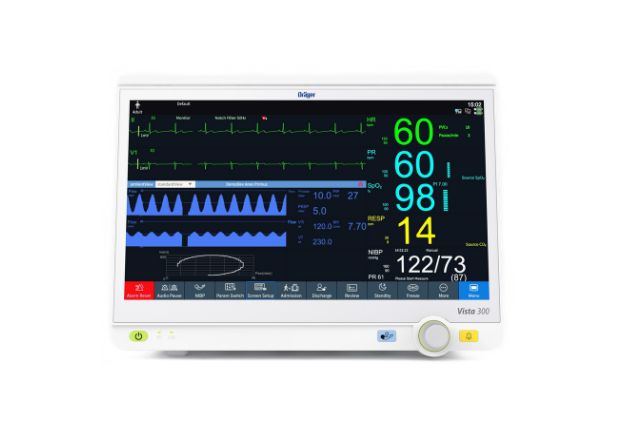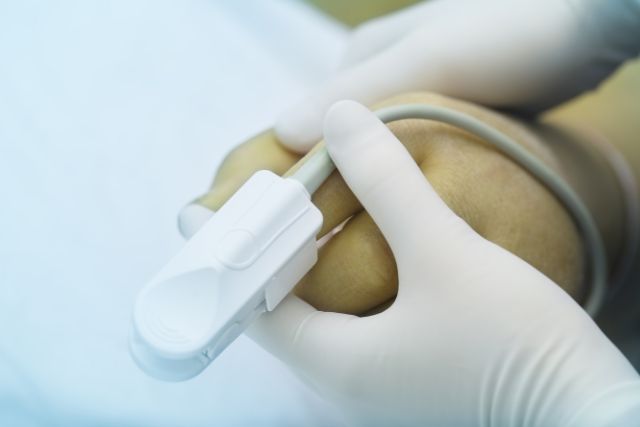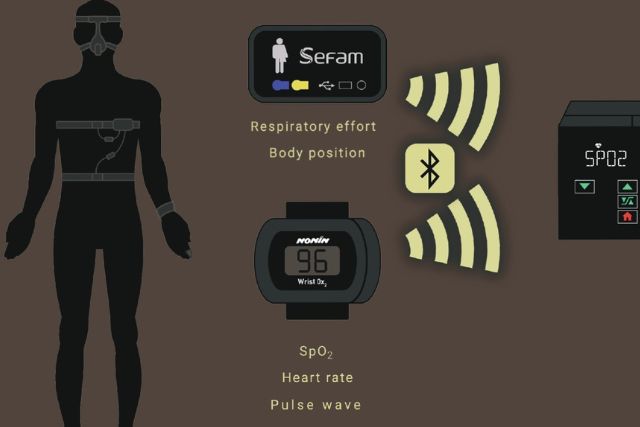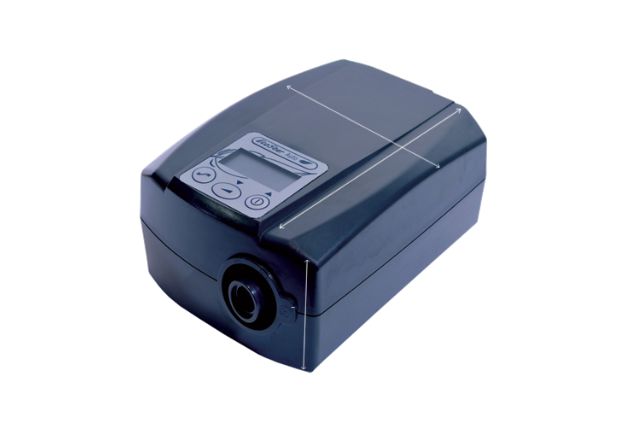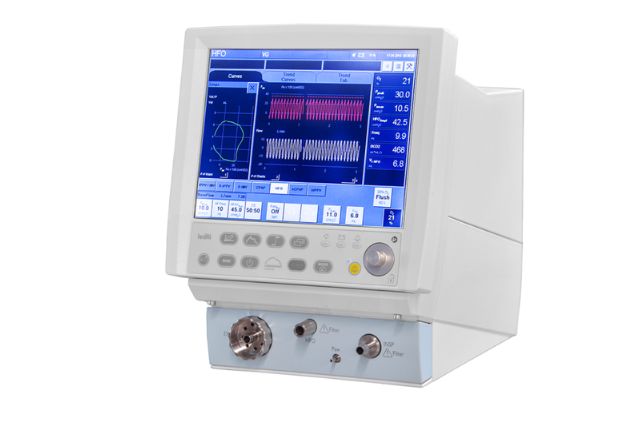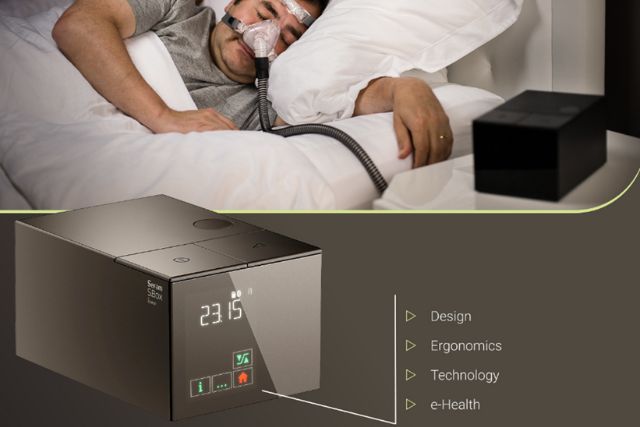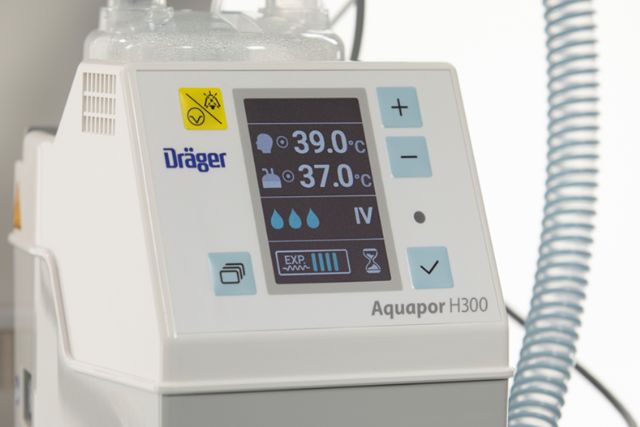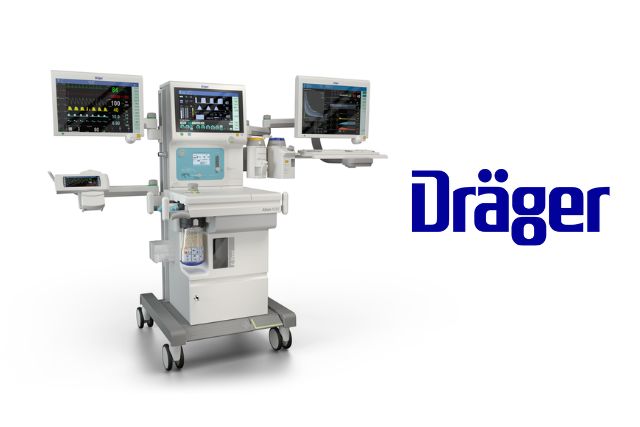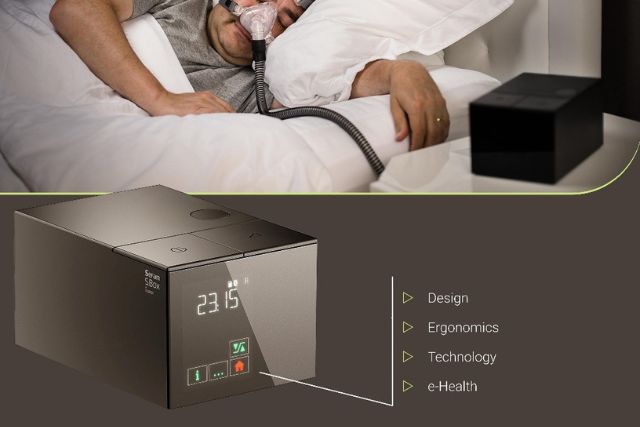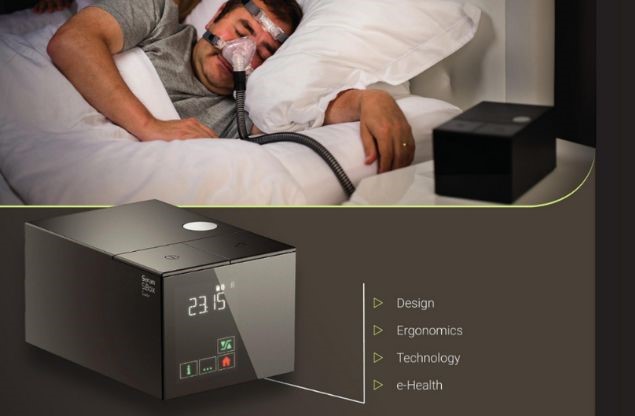Persistent knee pain along with difficulty in walking, climbing stairs; knee stiffness in the morning hours; painkillers are a part of daily routine… sounds relatable? If yes, then chances are that you have been recommended a knee surgery. Every year, osteoarthritis affects over 15 million Indians and approx. 1.5 lakh knee replacement procedures are performed.
National Health Authority’s recent move offers patients a choice of implants in major surgeries such as knee and hip replacement. Thereby empowering Ayushman Bharat beneficiaries to opt for good quality prosthesis. While implants form a vital part of the procedure, it is not the only aspect which contributes to a successful replacement.
Professor CS Yadav, Chairman and Senior Consultant, Joint Replacement Surgery, Sir Ganga Ram Hospital, New Delhi, throws light on the things one must consider before undergoing knee replacement.
• Expert check – Knee replacement surgery is a complex procedure and requires specialized training and surgical skill-set. More the surgical experience of a surgeon, lesser are the chances of complications. Therefore, enquire about your doctor’s experience, years of practice, technological expertise and number of knee replacements performed per year.
• Healthcare infrastructure – Infections are one of the most dreaded complications of surgery. Since, knee surgery requires hospitalization it is important to choose a center that maintains good hygiene level and uses sterile equipments. Appropriate hospital infrastructure and equipment contributes significantly to surgical success.
• Know your new knee – A good quality implant can make a huge difference in helping you lead a pain-free, active life. With advent of technology, innovations such as a single radius knee, navigation-based replacements, has revolutionized knee surgeries making way for efficient and effective solutions which may last up to 2 decades. While your surgeon can recommend what’s best for you, it is crucial to know what is getting placed in your body. Implant quality can be ensured by checking:
o USFDA approval – confirms that the product is evaluated, approved as per most stringent guidelines and is high quality
o Clinical legacy – assures that the product is widely used and proven owing to its long-term success
o Survivorship – indicates that the product is durable and lasts longer thereby reducing chances of revision surgery.
• Recovery support – Advancements has enabled patients to walk just hours after the surgery using walker. Our thigh muscles play a crucial role in recovery as they provide knee with strength and mobility. Technologies like single radius knees which mimics the natural knee motion support these muscles aiding in quicker recovery and lesser physiotherapy sessions.
• Rehabilitation – Post knee surgery, it is mandatory for patients to undergo at least 8 weeks of physiotherapy sessions. Highly advanced technologies today provide a wide range of motion as opposed to earlier times with fewer physical therapy. A round knee allows stable and efficient movement while climbing or descending stairs, squatting, playing badminton, amongst others.
Factors that impact outcome of knee replacement include experience of surgeon, hospital infrastructure and quality of implant being used. Government’s recent move to offers patients choice of implants in major surgeries such as knee and hip replacement is a testimony that government acknowledges that quality of implant plays a critical role in success of surgery. Since implant cost is no longer part of the surgery package, beneficiaries of Ayushman Bharat can now opt high quality implants under the scheme that can help patients combat complications caused by a poor-quality implant.








